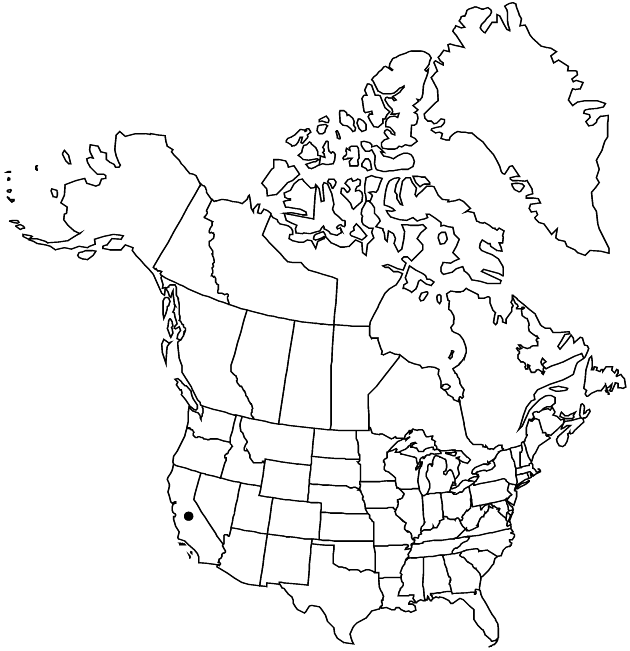Cirsium rhothophilum
J. Wash. Acad. Sci. 21: 336. 1931.
Biennials or short-lived, usually monocarpic perennials, 10–100 cm; taprooted with simple or branched caudices. Stems 1–several, spreading to erect, bushlike or forming low rounded mounds, gray-tomentose with appressed feltlike trichomes; branches 0–several, inclined to ascending, stiff. Leaves: blades elliptic to ovate, 10–25 cm, strongly undulate, usually broadly pinnatifid, lobes entire or coarsely few-toothed or -lobed, main spines abrupt, 1–4 mm, faces gray-white-tomentose with appressed feltlike, non-septate trichomes; basal present or withered at flowering, winged-petiolate; principal cauline well distributed, winged-petiolate to sessile, gradually reduced, bases clasping with expanded auricles; distal reduced, spines to 8 mm. Heads 1–many, erect, terminal on branches in subcapitate to congested, corymbiform arrays, closely subtended by clustered, ± leafy bracts. Peduncles 0–7 cm. Involucres hemispheric or campanulate, 3–4 × 4–6 cm, densely arachnoid. Phyllaries in 8–10 series, imbricate, linear, abaxial faces without glutinous ridge; outer and mid bases short- appressed, margins spiny-ciliate, apices long, spreading to erect, spines straight, 2–5 mm; apices of inner flattened or spine-tipped, serrate to scabrid, sometimes pectinately fringed. Corollas white to pale yellow, 20–34 mm, tubes 11–15 mm, throats 5–8 mm, lobes 5–8 mm; style tips 3–4 mm. Cypselae light–brown to black, 5–7 mm, apical collars whitish, 0.2–0.3 mm; pappi 15–25 mm. 2n = 34.
Phenology: Flowering mostly spring–summer (Apr–Aug), occasionally year round.
Habitat: Coastal dunes and bluffs
Elevation: 0–20 m
Discussion
Of conservation concern.
Cirsium rhothophilum is endemic to the dunes of southern San Luis Obispo and northern Santa Barbara counties. It rarely forms hybrids with C. occidentale var. occidentale and C. scariosum var. citrinum.
Selected References
None.
